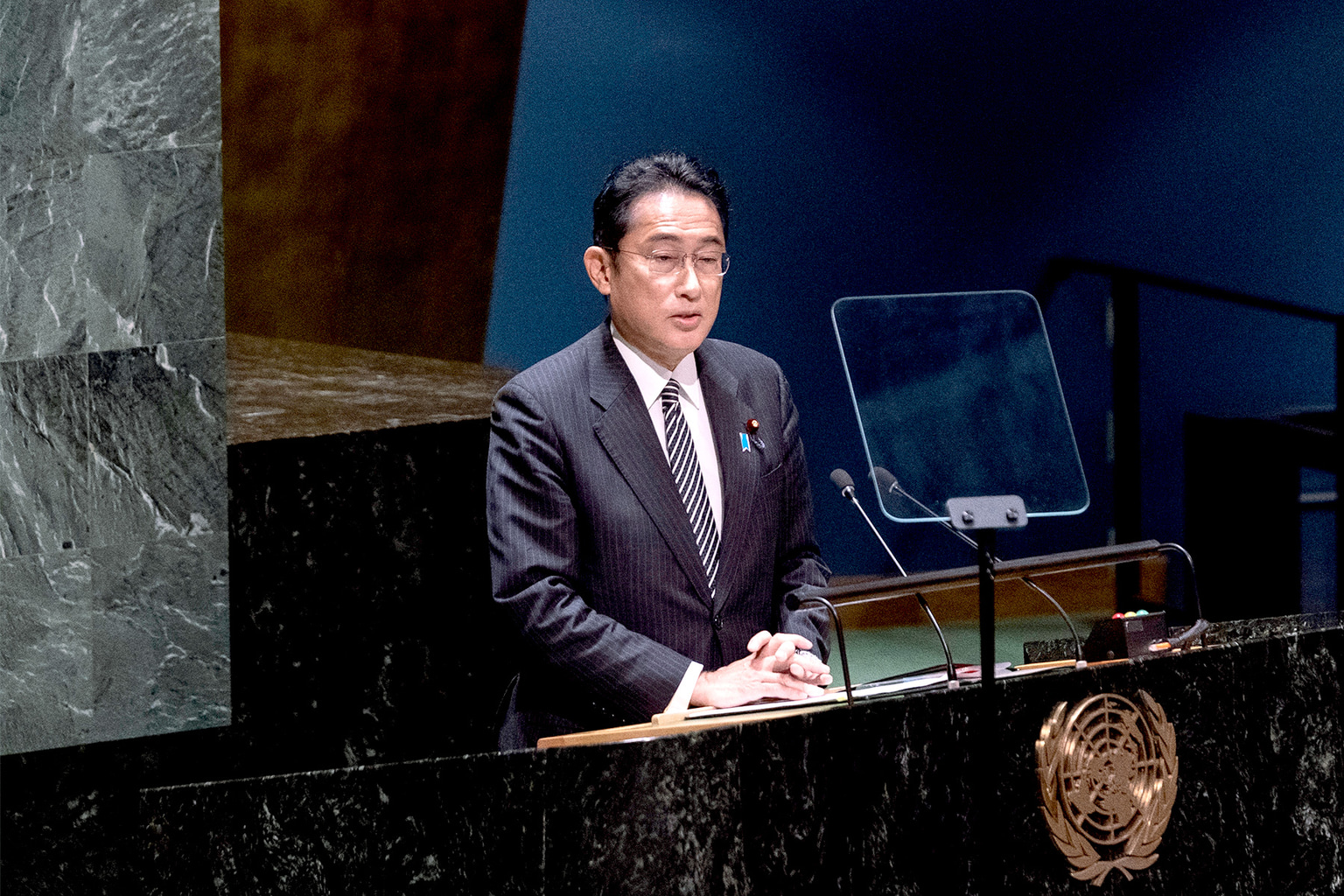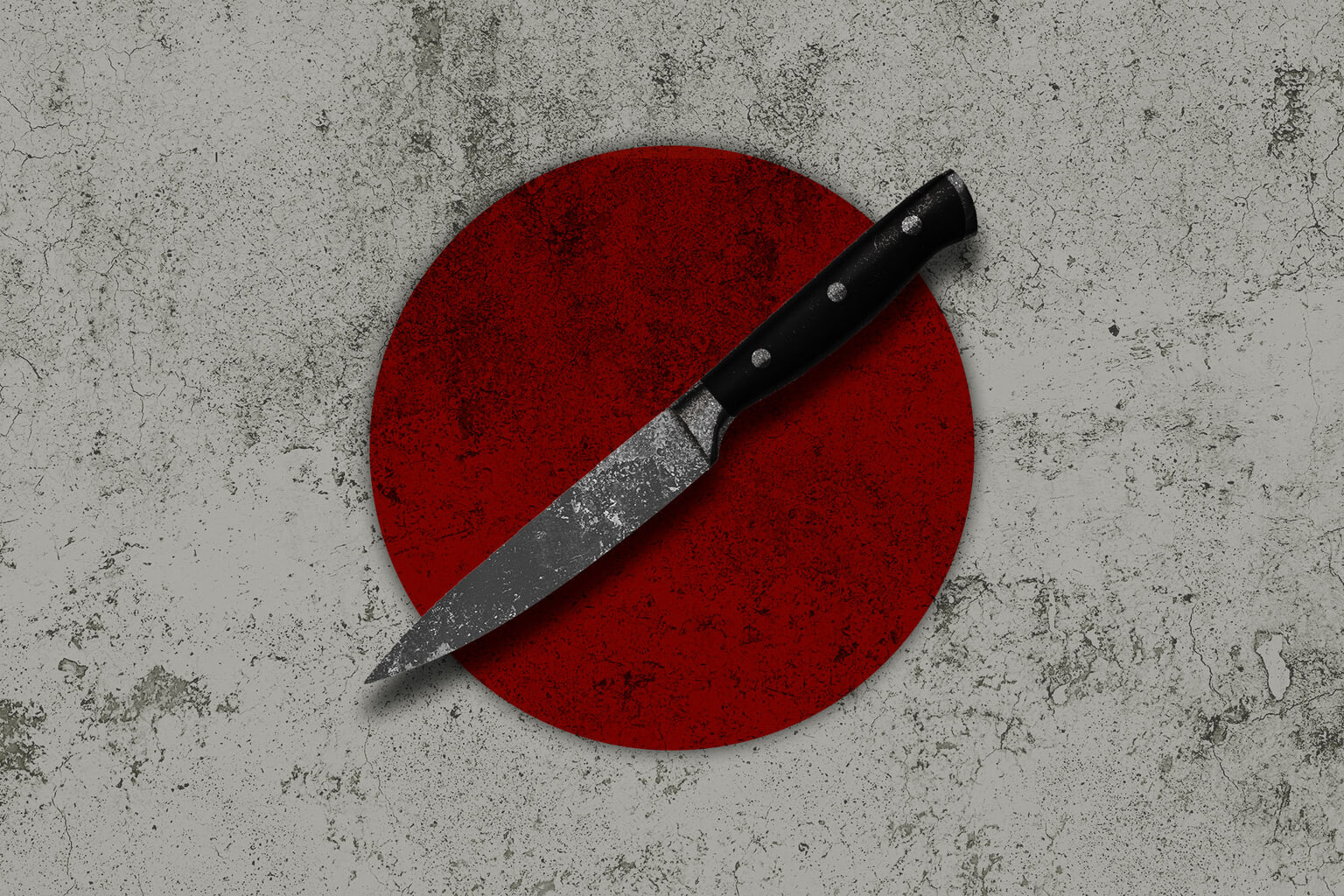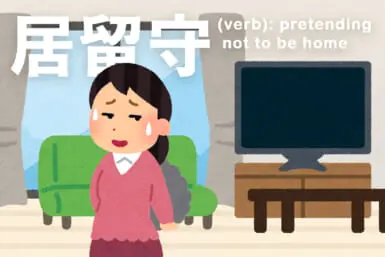In this week’s news roundup we focus on Japan’s entry restrictions, which are easing. On Wednesday, the prime minister announced that triple vaccinated people won’t require a PCR test before entering the country from next month and that the government is considering raising the daily entry cap. Also, according to NHK, it looks like individual tourists will soon be allowed back into the country. There is reported to be a significant condition, though, which doesn’t sound particularly appealing unless you want your trip planned by a travel agency.
In other news this week, we have the latest on the Covid-19 pandemic as Japan reports a record number of deaths and the government attempts to ease the burden on medical workers. A two-year-old boy goes missing in Toyama, while a three-year-old girl and her mother are stabbed to death in Osaka. In Shibuya a teenage girl stabs two strangers in what she says was a rehearsal for a planned attack on her family. It isn’t all bleak, though, as 98 Afghans are granted refugee status here. And in sport, a team from Tohoku finally wins the Koshien championship while Urawa Reds reach the AFC Champions League final.
Easing Entry Restrictions
In an online survey by D2C X Inc. in July, 72 percent of the 1,717 respondents from 52 countries said they wouldn’t, or probably wouldn’t, visit Japan if the entry controls remained the same. The main reason: the government’s enforced group packages. Things, however, might be about to change. On Tuesday, NHK revealed that plans are in place to start accepting individual tourists, possibly from September. So, does this mean visitors will be allowed to roam around freely? Not quite. According to the article, tours must be arranged through a travel agency who will manage itineraries.
“If confirmed, it’s good news for older and richer travelers who are used to buying packages, but it won’t change much for the majority of tourists,” says Go! Go! Nihon president Davide Rossi. It’s certainly not the freedom many were hoping for, but it is a step in the right direction. As is the news that incoming travelers to Japan will no longer require a pre-entry negative Covid test from September 7 as long as they’ve been vaccinated at least three times. The government will also soon decide on whether to raise the daily entry cap.

Prime Minister Kishida tested positive for Covid-19 on Sunday
Easing the Burden on Medical Workers
As well as reducing restrictions on travelers, the government’s also attempting to ease the burden on medical workers. Currently, detailed information about every patient who tests positive for Covid-19 must be entered into the system. This is a rule that’s about to change. “Now, local governments will be able to decide to narrow the scope of their detailed reports to cover only certain specific groups, such as elderly patients, those who need hospitalization, or those at serious risk who require medication,” said Prime Minister Fumio Kishida on Wednesday.
The PM was speaking remotely from his official residence having tested positive for the virus on Sunday. He added that while reports don’t have to be as exhaustive, medical institutions must continue to record the number of new daily cases. This week, the figure has exceeded 200,000 every day except for Monday. More worrying is the rising number of coronavirus-related deaths. Between August 15 and 21, Japan reported 1,624 Covid fatalities. Only the United States had more. On Tuesday, there were a record 343 Covid deaths, 16 more than the previous high in February.
Two-Year-Old Boy Still Missing in Toyama
It’s now been six days since Reon Takashima went missing after wandering outside his home in Takaoka City, Toyama Prefecture. The two-year-old boy disappeared at around 6:45pm on Saturday evening. According to local media, his mother took her eyes off him for a few minutes while drying her four-year-old daughter’s hair. Going downstairs to check on him, he was gone and the back door was open. He’s around 80 centimeters tall with a round face and short black hair. At the time of his disappearance, he was wearing blue pajamas.
On Wednesday, the dead bodies of Manami Aramaki, 29, and her three-year-old daughter Ririi were discovered in their apartment in Sakai City, Osaka Prefecture. Both were found with several stab wounds. The apartment was locked and there were no signs of a break-in. The police are currently looking for the woman’s 33-year-old husband. A Brazilian national, he told his workplace that he was taking two weeks off from Monday due to an accident. At the time of writing, his whereabouts are unknown.

The teenager says she planned to eventually kill her mother and brother | Image by Anna Petek
15-Year-Old Girl Stabs a Mother and Daughter in Shibuya
A 15-year-old girl randomly stabbed and seriously injured a 53-year-old woman and her 19-year-old daughter in Shibuya on Saturday night. The female attacker was arrested on the scene on suspicion of attempted murder. According to police sources, she wanted to get the death penalty. The assault was also reportedly a rehearsal for a planned attack on her family. “It was a dry run to kill my mother and younger brother,” she allegedly told investigators. “I stabbed (them) to find out if I can kill people.”
The Saitama Prefecture resident approached the two women from behind down a narrow street near Shinsen Station. They were complete strangers. Both victims suffered injuries on their backs, abdomens, shoulders and arms. The injuries are expected to take around three months to heal. The teenager became filled with hate towards her mother when she realized she was developing a similar personality to her. Believing her brother wouldn’t be able to cope with the loss she planned to murder him too.
Japan Grants Refugee Status to 98 Afghans
Since last August, 820 Afghans have escaped their country to live in Japan. On Tuesday, the Immigration Services Agency revealed that 98 of those evacuees have been granted refugee status here. Priority has been given to those who work for Japan including employees from the Japanese embassy in Kabul and their families. They’ve been granted a period of stay of five years and will be eligible for permanent residency if they meet certain requirements. In 2021, a record 74 people were granted refugee status in Japan. Nine of those were Afghan nationals.
It’s been just over a year since the Taliban overthrew Ashraf Ghani’s government, forcing thousands to flee the country. As with the previous regime, in the 1990s, women’s liberties are being curtailed. Access to public parks on certain days, for instance, is forbidden. While girls are permitted to go to elementary school, the same cannot be said of secondary school. Female participation in the labor force has also drastically decreased. On top of all that, the economy is in freefall and human rights abuses are increasing.

Urawa Reds will play in the Asian Champions League final next February | Image by Kohei Tomonaga
Sendai Ikuei Crowned Koshien Kings
On Monday, Sendai Ikuei became the first team from the Tohoku region to be crowned Japanese high school baseball champions. The Miyagi Prefecture-based school defeated Yamaguchi Prefecture’s Shimonoseki Kokusai 8-1 in the final at the famous Hanshin Koshien Stadium. The heroes were pitcher Yo Saito and batter Ikuya Iwasaki, who hit a grand slam. The tournament, often referred to simply as “Koshien,” was first held in 1915. It’s been played every year since except for 1918 due to the Rice riots, four years during World War II and in 2020 because of the coronavirus pandemic.
In soccer, Urawa Reds reached the final of the AFC Champions League. They defeated South Korea’s Jeonbuk Motors 3-1 on penalties in the semi-final after the game ended in a 2-2 draw. Over in Europe, Daichi Kamada grabbed his fourth goal of the season as Eintracht Frankfurt drew 1-1 with Cologne in the Bundesliga. Kyogo Furuhashi made it three in three as Scottish Premier League leaders Celtic defeated Hearts 2-0. Keito Nakamura, meanwhile, scored the only goal as LASK beat Sturm Graz 1-0 to stay top of the Austrian league.









